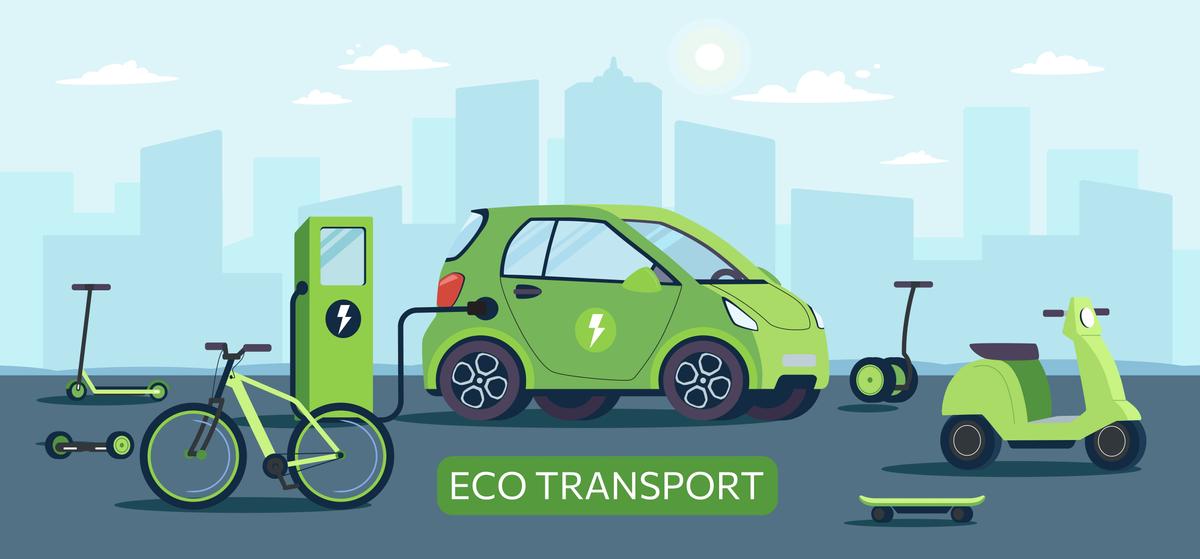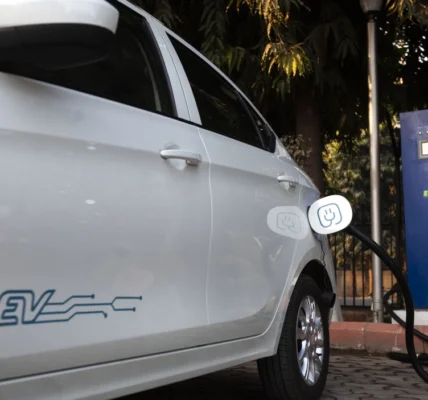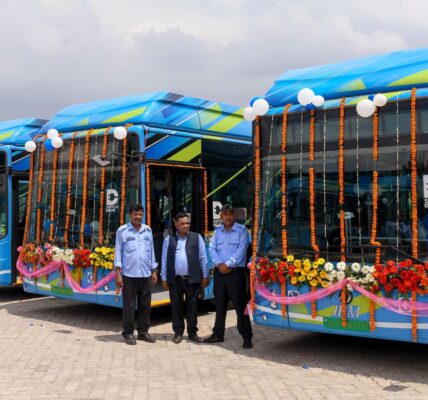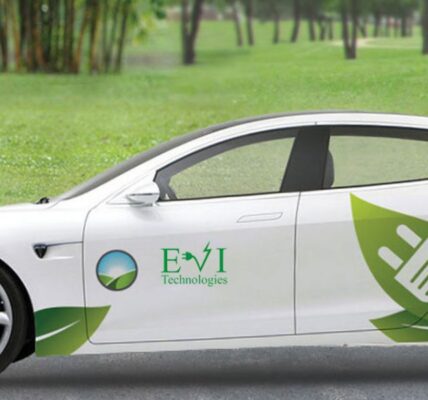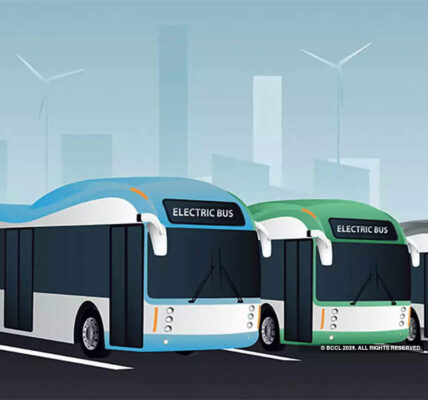According to a study conducted by Compare the Market Australia, India has been identified as the third most affordable country for electric vehicle (EV) charging. The study examined the costs of EV charging and fuel consumption across 50 countries, using the Hyundai Kona as the benchmark model.
Indian EV owners spend a mere $0.95 for every 100 kilometers, while countries such as Denmark and Italy charge their citizens $7.49 for the same distance. This places India in second position in terms of percentage savings, with EV drivers in the country saving an impressive 88.26% per kilometer.
Furthermore, Asia is leading the way in terms of affordable EV infrastructure, with countries like Malaysia, the United Arab Emirates (UAE), and Vietnam also ranking in the top five for EV charging affordability. Argentina has emerged as the global leader in cost-effective EV charging, with drivers only spending $0.46 for every 100 kilometers. Argentinean EV drivers experience a significant saving of 92.59% compared to those using traditional fuel vehicles.
On average, charging an EV costs one-third of what it takes to refuel a petrol-driven vehicle. While EVs typically cost around $3.23 for every 100 kilometers, their petrol counterparts can set drivers back approximately $9.18.
Meredith O’Brien, the Head of Energy at Compare the Market, emphasized that driving an EV not only reduces carbon footprint but also saves money on fuel bills. O’Brien also pointed out that EV owners who have solar panels can offset the electricity cost by charging their vehicles during the day.
India’s high ranking in affordable EV charging and the significant savings it offers compared to traditional fuel vehicles indicate that the country is progressing towards a more sustainable and cost-effective future in transportation.

